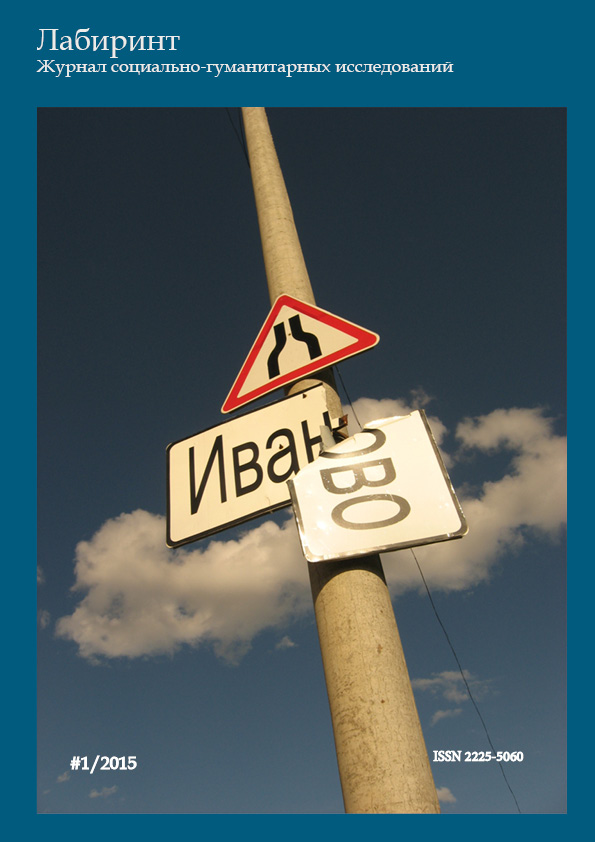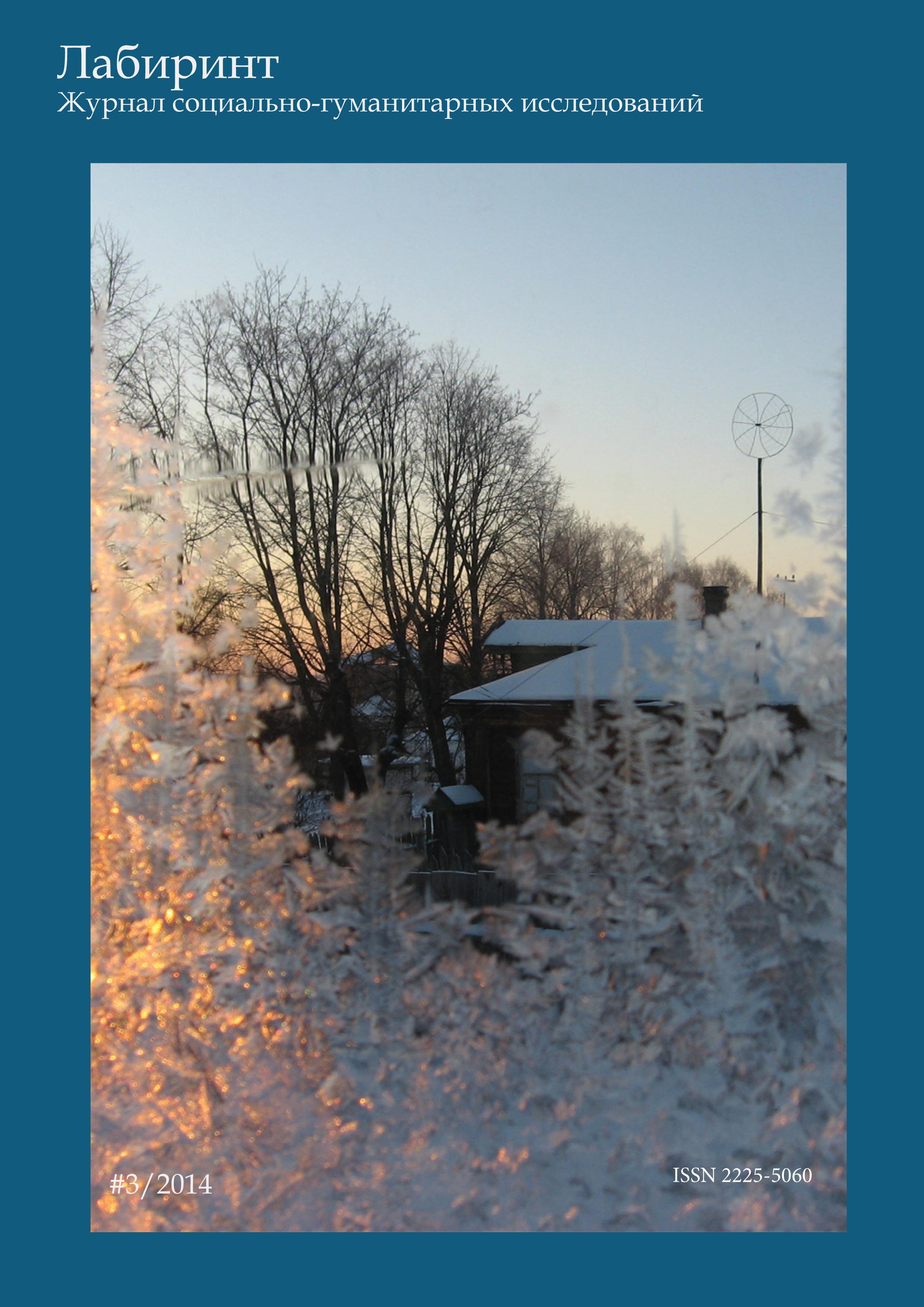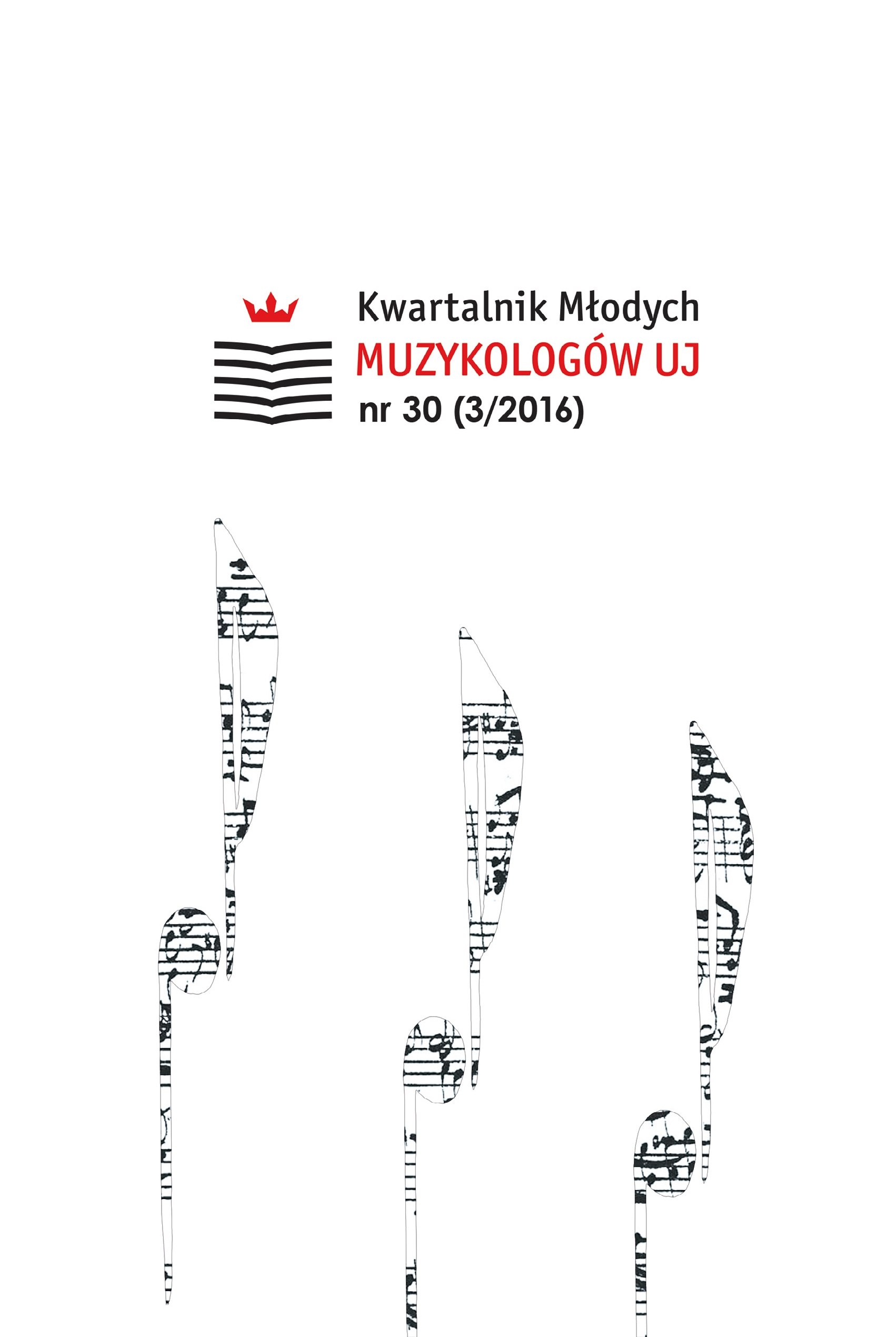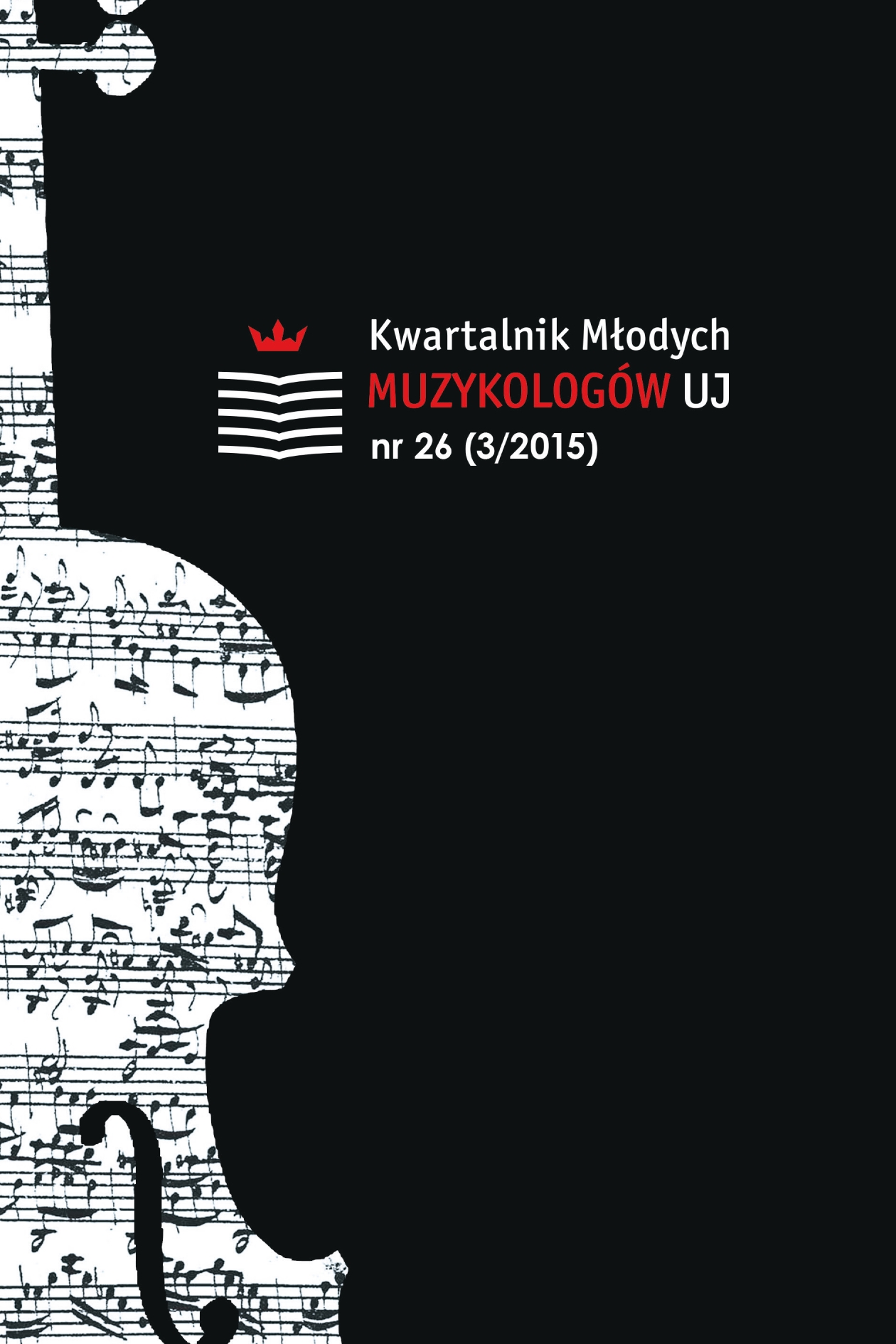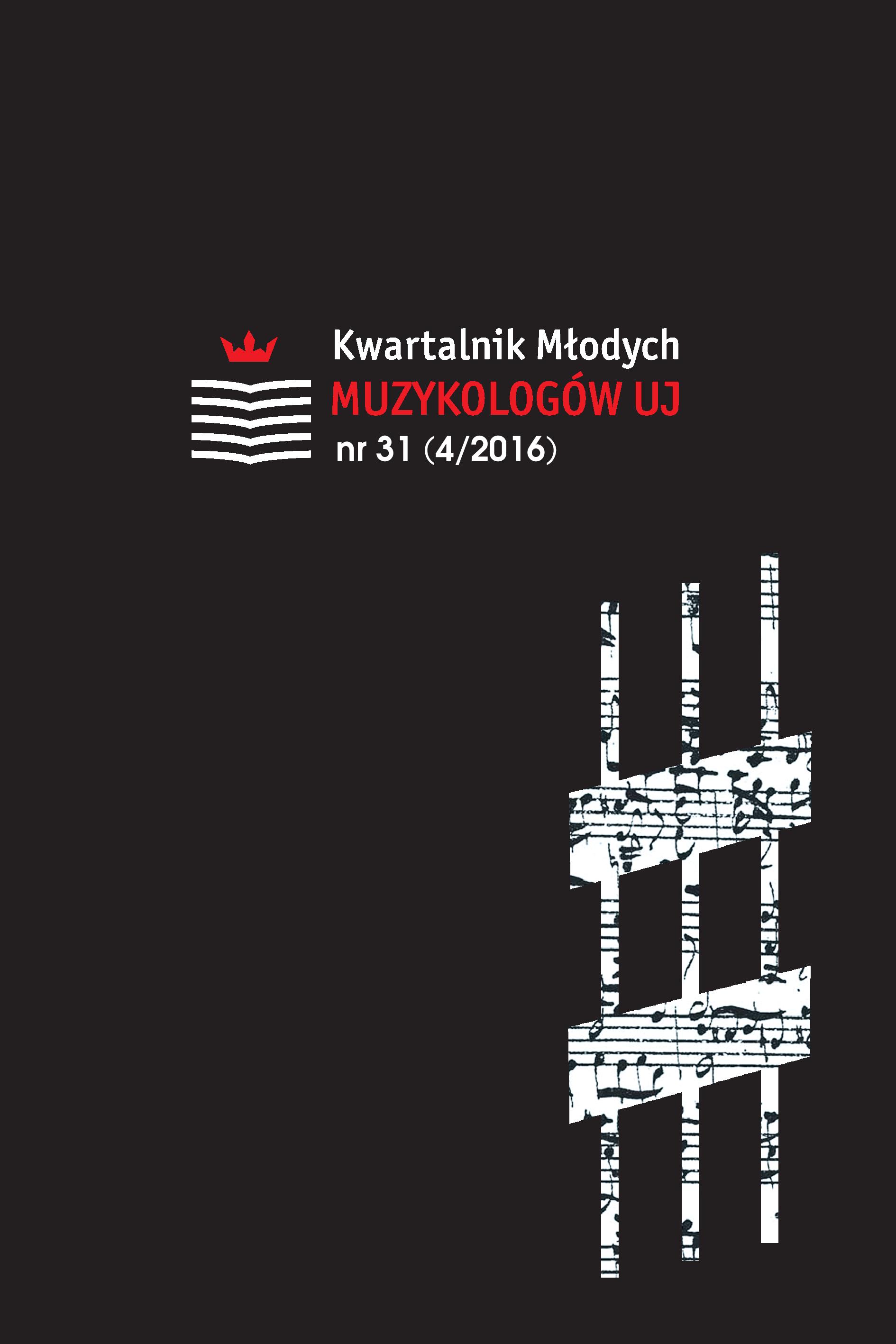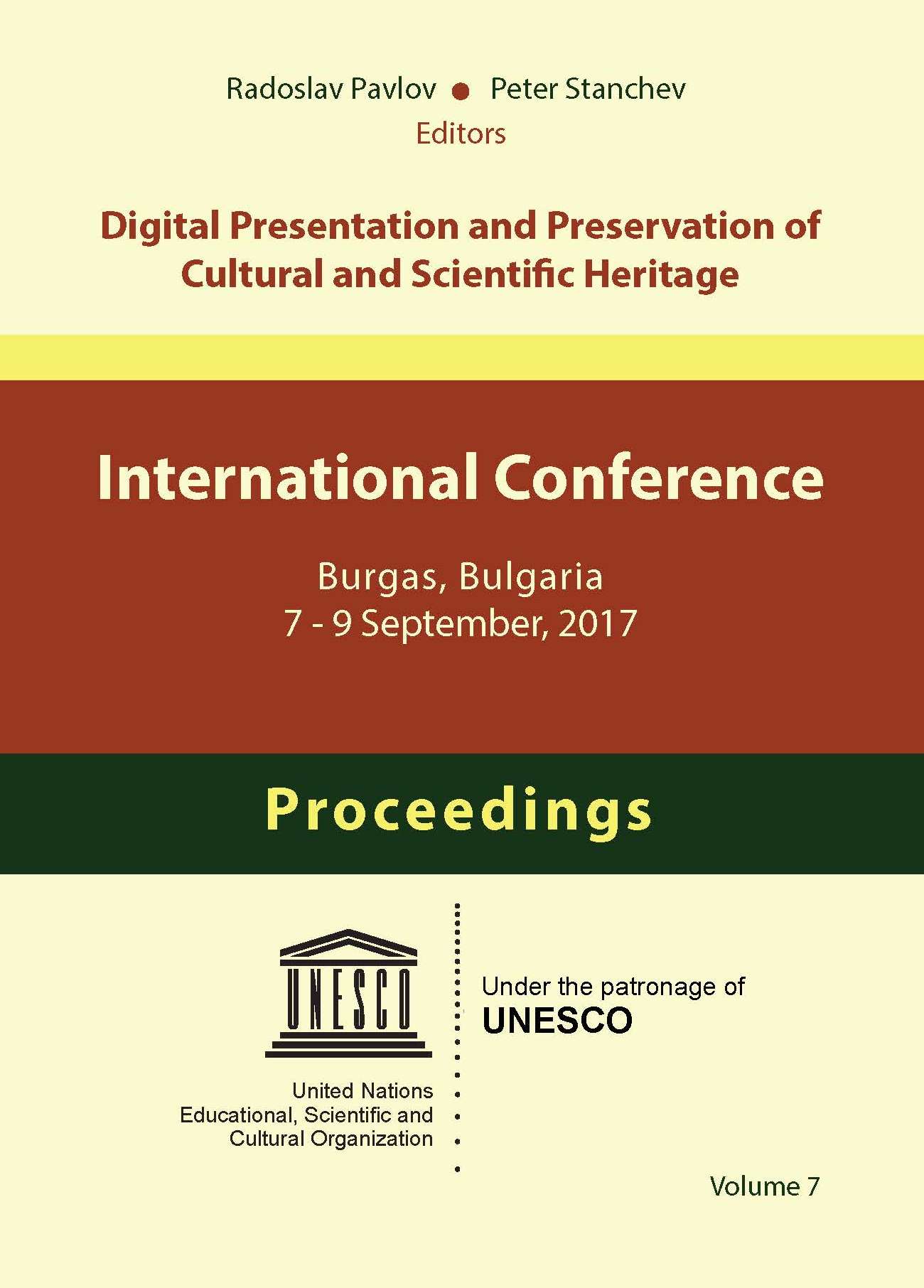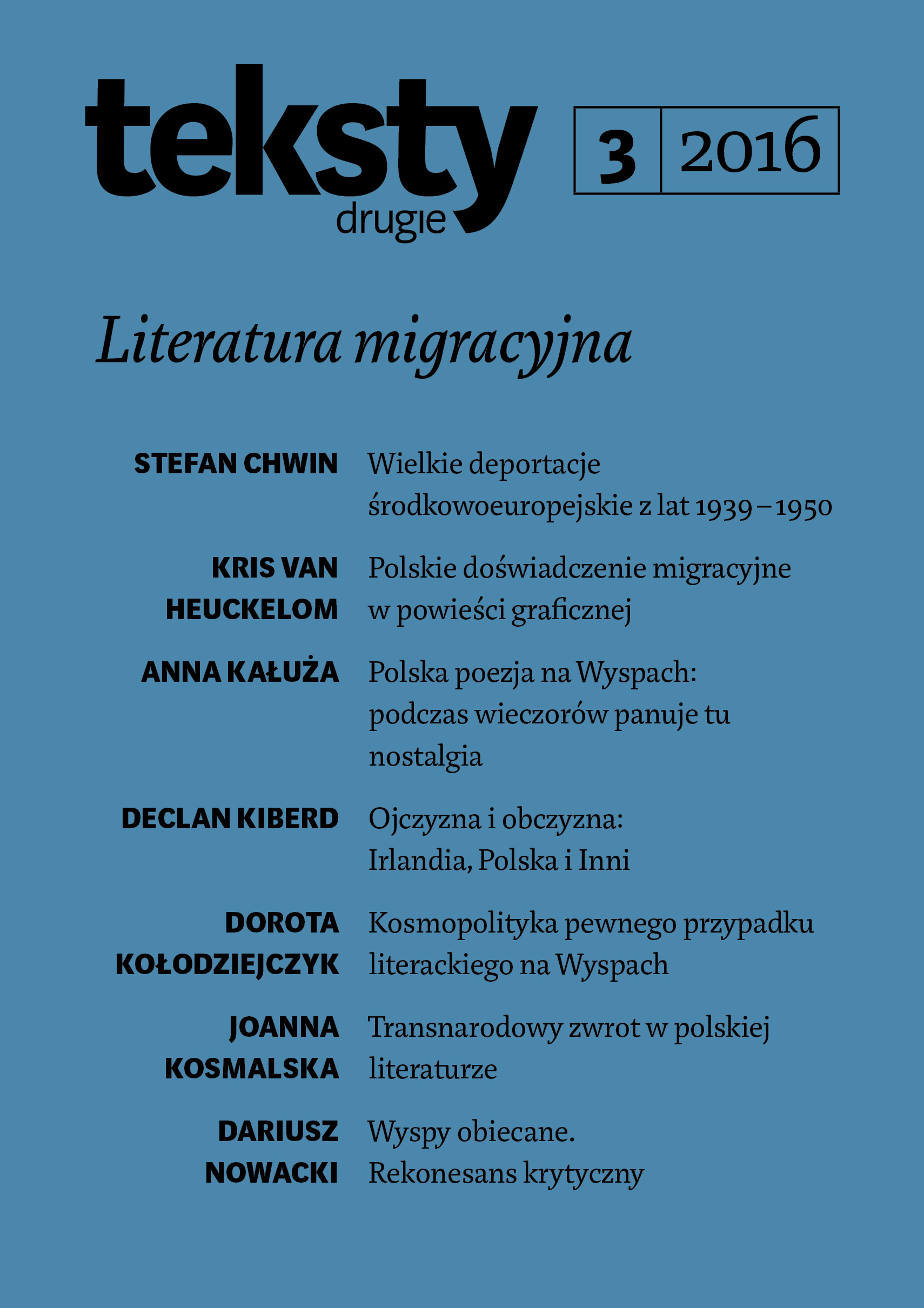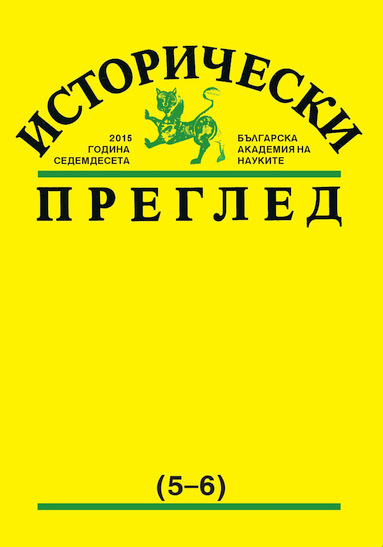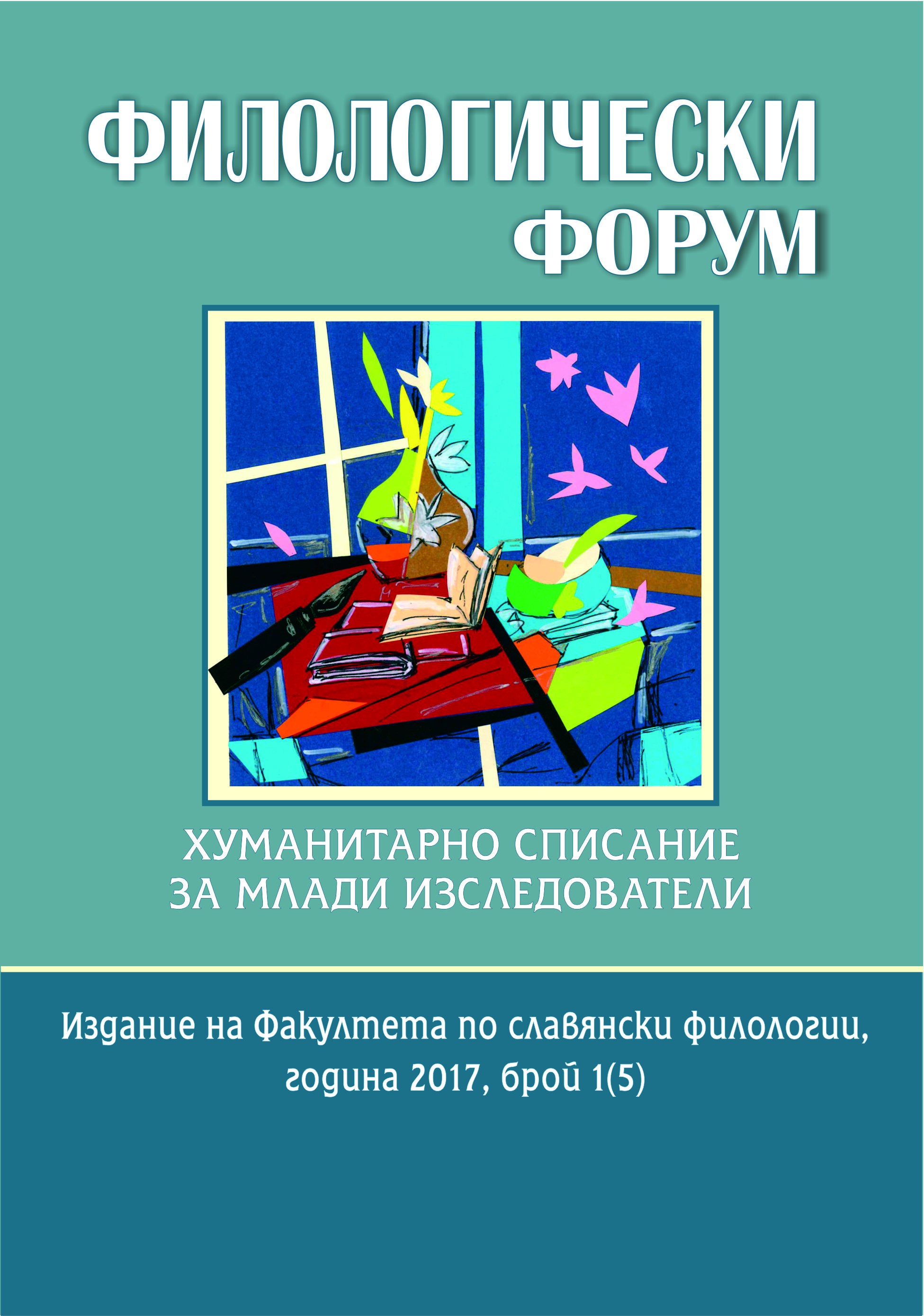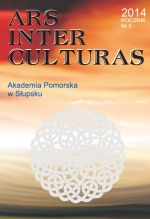
DIALOG KULTUR NA PRZYKŁADZIE DWUDZIESTU ODSŁON MIĘDZYNARODOWEGO FESTIWALU MUZYKI SAKRALNEJ GAUDE MATER W CZĘSTOCHOWIE (1991)2010)
The paper describes the phenomenon of multiculturalism at the International Festival ofSacred Music Gaude Mater in Częstochowa. The festival has been running since 1991. Itincludes a variety of artistic events, most of them sacred music concerts (Gregorian chant, early music, Orthodox, Polish music from all historical periods, and premieres). The festival also promotes the musical culture of Jasna Góra. The special feature of the festival is its multiculturalism involving the presentation of non-Christian sacred music. In the years 1991-2010, the festival featured Jewish, Muslim, Egyptian, and African music. The dialogue between cultures also facilitates connections between high and mass culture. This is accomplished through various combinations of gospel, jazz, pop elements with classical music. In addition, the attempts of dialogue between different cultures furnish a number of non-musical events, such as theatre performance, arts exhibitions, and conferences.
More...
